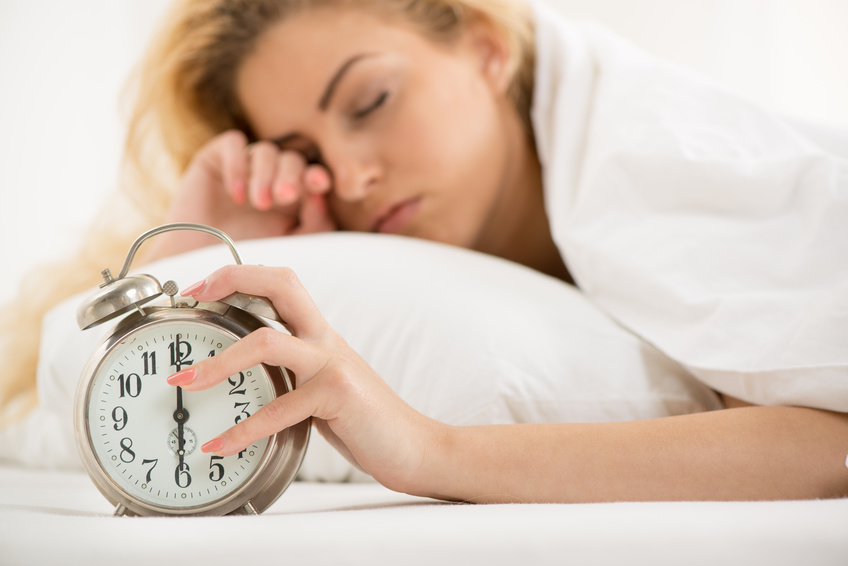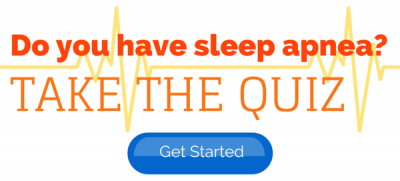Over 20 million American adults live with sleep apnea. While the symptoms of sleep apnea may differ between men and women, the condition is associated with equally serious health consequences for both genders. May 10-16th is National Women’s Health Week, a time for women’s health issues to take center stage. Here’s a look at snoring and sleep apnea in women and how sleep issues may differ based upon your sex.
Sleep Differences in Men and Women
Before examining the differences between genders when it comes to snoring and sleep apnea, it’s worth noting the overarching distinctions in sleep patterns between men and women. Hormonal differences are partly to blame for the distinctions in sleep patterns, while anatomical differences also play a role. Women are more likely than men to experience insomnia, depression and daytime fatigue and women also benefit from more deep sleep than men. Women’s circadian cycles typically run slightly shorter than men’s and women tend to fall asleep and wake up earlier. Women and men also deal with sleep deprivation differently.
One factor that does not differ between genders — both men and women snore. Snoring is nothing to be ashamed of and chronic snoring can often be an indicator of sleep apnea. The causes of snoring vary from person to person which is why it’s important to have your symptoms evaluated by a sleep specialist in order to determine whether you have sleep apnea or not.
Sleep Apnea Symptoms in Women vs. Men
A 2013 study led by UCLA suggests that women are less likely than men to be diagnosed with obstructive sleep apnea. The study also found evidence that women with sleep apnea are more profoundly affected in the areas of the brain that regulate mood and decision-making.
When it comes to obstructive sleep apnea, men and women often experience varying symptoms. While men often report symptoms such as snoring, waking up gasping for air or snorting, many women report symptoms like fatigue, anxiety and depression. Of course, some women also experience shortness of breath and snoring too, but, in many cases, the telltale signs of sleep apnea in females may not be as obvious.
The fact that men are twice as likely than women to be diagnosed with sleep apnea may be partially attributed to how women describe their symptoms. Sleep apnea in women is commonly mistaken for depression, hypertension, hypochondria or other disorders.
The Health Risks
Obstructive sleep apnea may primarily be considered a “man’s disease”, but it poses serious and even life-threatening health risks for women who suffer as well – particularly those women who live with the condition undiagnosed. Besides daytime sleepiness and issues with concentration, sleep apnea in women can cause an irregular heartbeat and high blood pressure in addition to other serious health problems like an increased chance of stroke.
The Importance of Individualized Diagnosis & Treatment
There are many factors that may contribute to sleep apnea and treatment will vary based on the individual. It’s important to note that women of all ages can suffer from this disorder. The best way to find out if you are at risk is to speak with a sleep physician. Continuous positive airway pressure (CPAP) machines are commonly prescribed to treat sleep apnea, but they are not the only option. Treatment options vary from in-office procedures and oral appliances to surgeries, which can provide long-lasting and even permanent results.
If you think you might be suffering from sleep apnea, take this quiz to determine your level of risk. Above all else, remember that while sleep apnea diagnoses may be more prevalent among the male population, females are susceptible to this sleep disorder too and still face serious health risks every night they live with the condition undiagnosed and untreated.
If you have a chronic snoring problem, take control of your health by scheduling a consultation with one of our board-certified eos sleep physicians today.


